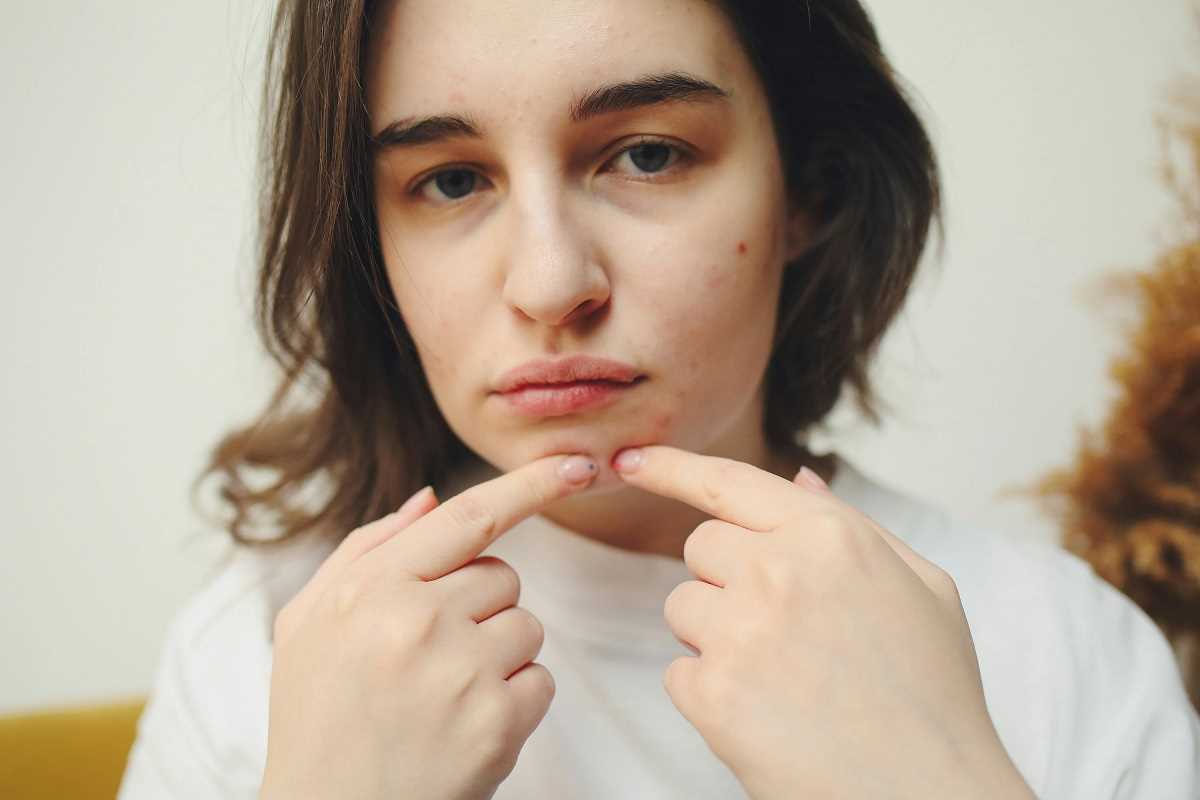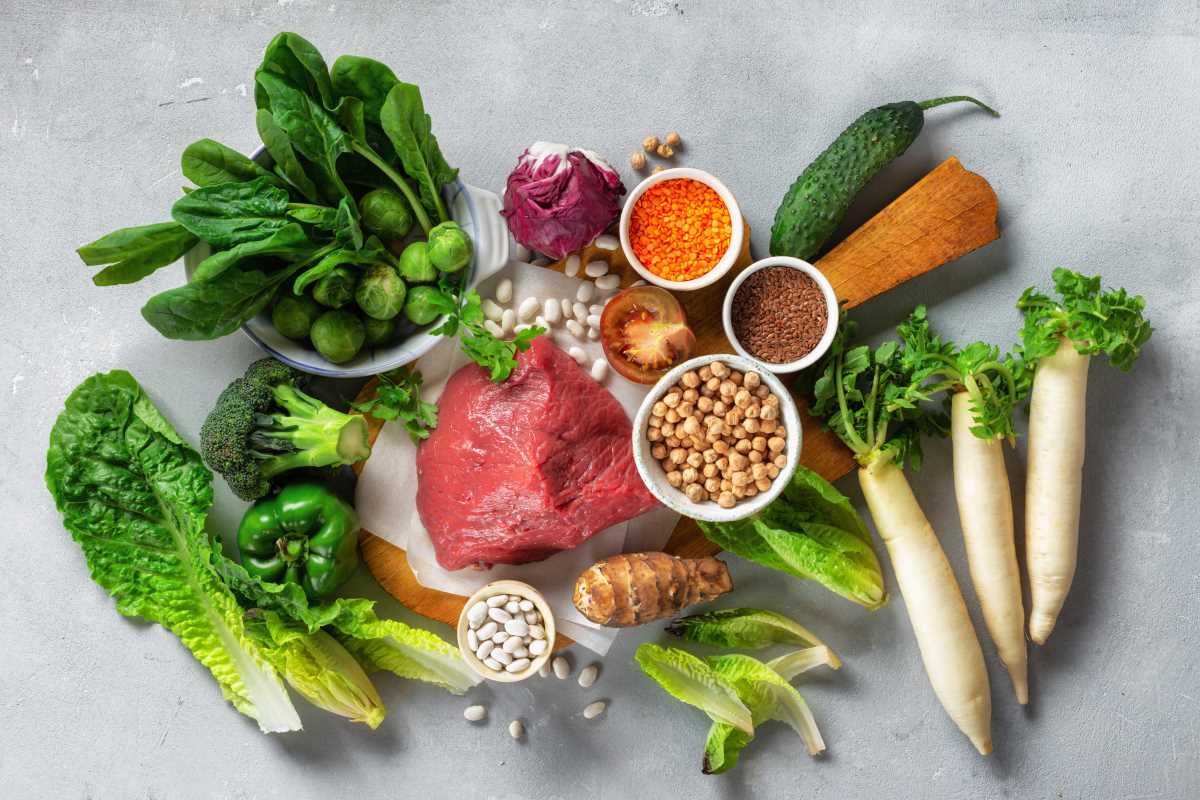A healthy diet is the cornerstone of overall well-being, and it plays a vital role in maintaining radiant, youthful skin. The nutrients we consume provide our bodies with the building blocks necessary for skin repair, regeneration, and protection. By incorporating a variety of skin-loving foods into your diet, you can nourish your skin from within, achieving a complexion that glows with vitality.
Oily Fish: A Rich Source of Omega-3 Fatty Acids
Oily fish like salmon, mackerel, and sardines are packed with omega-3 fatty acids, essential nutrients that offer numerous benefits for skin health. These fatty acids are crucial for maintaining healthy cell membranes, which are significant in keeping your skin hydrated and supple.
When your skin cells are well-hydrated, they appear plumper, reducing the appearance of fine lines and wrinkles. Additionally, omega-3s have potent anti-inflammatory properties that help reduce redness, irritation, and the risk of developing chronic skin conditions such as eczema and psoriasis. Incorporating oily fish into your diet a few times a week can have noticeable effects on your skin, because these fish are also rich in high-quality protein, which is vital for skin repair and regeneration.
Bright-Colored Fruits and Vegetables: Packed with Antioxidants
A diet rich in brightly colored fruits and vegetables is one of the best ways to protect your skin from the damaging effects of free radicals—unstable molecules that can harm cells and accelerate the aging process. Antioxidants like beta carotene, found in carrots and vitamin C, are abundant in bell peppers and sweet potatoes, neutralize free radicals, and reduce oxidative stress on the skin.
Beta carotene, which the body converts into vitamin A, is essential for skin health. It helps to maintain the outer layer of the skin, promoting a smooth and even texture. Vitamin C, on the other hand, is a key player in collagen synthesis. Collagen is the most abundant protein in the skin, responsible for maintaining its firmness and elasticity. By consuming a diet rich in these nutrients, you can support your skin's natural regenerative processes, helping to prevent sagging and the formation of wrinkles. In addition to their antioxidant properties, many fruits and vegetables are high in water content, contributing to skin hydration from the inside out.
Nuts and Seeds: Nutrient-Dense Powerhouses
Nuts and seeds are compact, nutrient-dense snacks that offer a wide range of benefits for skin health. Almonds, walnuts, and flaxseeds, for example, are excellent sources of vitamin E, an antioxidant that helps shield your skin from damage caused by UV rays and environmental pollutants. Vitamin E is also known for its ability to moisturize and heal the skin, making it an essential nutrient for maintaining a soft, smooth complexion.
Nuts and seeds also contain zinc, a mineral that plays a key role in skin repair and the regulation of oil production. Zinc helps to keep your skin clear by controlling sebum production, the natural oil that can clog pores and lead to acne. Including a handful of nuts and seeds in your daily diet can, therefore, provide your skin with the nutrients it needs to stay clear, hydrated, and protected.
Green Tea: A Skin-Loving Elixir
Green tea has long been celebrated for its numerous health benefits, and its positive effects on skin health are no exception. Rich in catechins, a type of antioxidant with anti-inflammatory and anti-aging properties, green tea can help reduce redness, soothe irritation, and improve overall skin tone. Regular consumption of green tea has been linked to reduced UV damage, thanks to its ability to neutralize free radicals and reduce inflammation.
In addition to its antioxidant content, green tea contains polyphenols, which have been shown to slow the signs of aging by boosting collagen and elastin production. These proteins are essential for maintaining the skin's structure and elasticity, and their degradation over time is one of the primary causes of wrinkles and sagging skin. By incorporating green tea into your daily routine—whether by drinking it or using it in skincare products—you can help protect your skin from environmental damage and support its natural resilience.
Probiotic-Rich Foods: Nourishing Your Gut for Healthy Skin
A healthy gut microbiome is essential for optimal skin health. The gut-skin connection is well-documented, with research showing that an imbalance in gut bacteria can lead to a range of skin issues, from acne to eczema. Probiotic-rich foods like yogurt, kefir, and kimchi contain beneficial bacteria that support gut health and can help reduce inflammation throughout the body.
When your gut is in balance, it helps regulate the body's inflammatory responses, which can have a direct impact on your skin. A healthy gut can lead to a clearer, calmer complexion with fewer breakouts and flare-ups. Additionally, probiotics can help strengthen the skin barrier, improve hydration, and even out skin tone. Incorporating probiotic-rich foods into your diet not only supports your digestive health but also provides your skin with the nutrients it needs to stay healthy and vibrant.
Whole Grains: Fueling Your Skin from Within
Whole grains, such as brown rice, quinoa, and oats, are not only excellent sources of sustained energy but also play a significant role in maintaining skin health. These grains are rich in vitamins and minerals, including zinc and niacin, which are essential for skin repair and maintenance. Zinc, in particular, helps with the production of new skin cells and the healing of wounds, while niacin (vitamin B3) has anti-inflammatory properties that can soothe irritated or sensitive skin.
Whole grains also have a low glycemic index, which means they release sugar into the bloodstream slowly. This is important for skin health, as high-glycemic foods can cause spikes in blood sugar, leading to increased oil production and breakouts. By choosing whole grains over refined grains, you can help regulate your blood sugar levels, reduce the risk of acne, and support the overall health of your skin.
Beyond the Basics: Additional Skin-Friendly Foods
While the foods mentioned above are essential for skin health, other nutrient-rich options can also contribute to a radiant complexion. Here are a few specific recommendations:
- Dark chocolate is packed with antioxidants that can help protect your skin from damage caused by free radicals. Look for dark chocolate with a high cocoa content (70% or higher) to maximize these benefits.
- Tomatoes are another skin-friendly food, rich in lycopene, an antioxidant that can help reduce sun damage and improve skin tone. Cooking tomatoes increases the bioavailability of lycopene, making tomato-based sauces and soups a great addition to your diet.
- Avocado is a good source of healthy fats and vitamin E, both of which are beneficial for skin health. The monounsaturated fats in avocados help to keep the skin hydrated, while vitamin E protects against oxidative stress. Eating avocado regularly can lead to softer, more supple skin.
- Eggs are a complete protein source that contains all the essential amino acids needed for skin repair and regeneration. They are also rich in biotin, a B vitamin that is important for maintaining healthy skin, hair, and nails. Including eggs in your diet can support your skin's natural healing processes, keeping it strong and resilient.
A balanced diet that includes a variety of nutrient-dense foods is crucial for achieving optimal skin health.
 (Image via
(Image via





